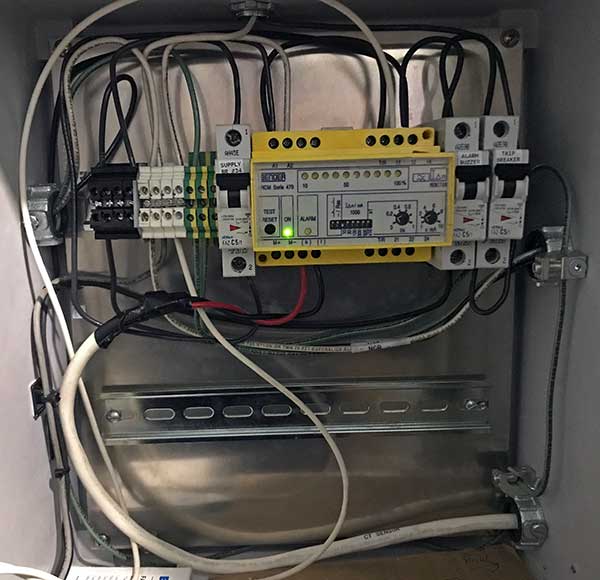What You Should Be Aware of Regarding Your Electrical Panel
The heart of your home's electrical system is your electrical panel. It distributes power from your utility company to all of your home's circuits. Understanding how your panel works and maintaining it is critical to its proper operation.
The main breaker in your panel controls the flow of electricity to all of your home's circuits. If there is a problem with a circuit, you can turn it off by flipping the corresponding switch on the panel. You should also know where your panel is in case of an emergency. It is critical to keep your electrical panel clean and debris-free. It is best to inspect it on a regular basis for signs of wear or damage.
Electrical Panel Types
There are several types of electrical panels used in homes and businesses today. The type of panel you have will determine how much power you can use at once and how many circuits you can connect to it. The following is a quick rundown of the most common types of electrical panels:
- Maintenance Bypass Panels: These panels are commonly found in commercial settings and enable easy maintenance of electrical equipment. They have two power sources, so the other can still supply power if one fails.
- Subpanels: Subpanels are smaller than main panels and are typically used in residential settings. They can be hung on the wall or placed inside a cabinet. Typically, they have fewer circuits than main panels.
- Circuit Breaker Panels: The circuit breaker panel is the most common type of electrical panel. They are intended to protect your home or business from electrical overload by interrupting the circuit when an excessive amount of current flows through it. These panels usually have several circuit breakers, each of which controls a different circuit in your home or business.
It is best to consult with an electrician if you are unsure about the type of electrical panel you have. They will be able to assist you in determining what kind of panel you require and how to maintain it properly.

What Exactly Is the National Electrical Code?
The National Electric Code (NEC) is a set of safety standards for electrical wiring and equipment in the United States. After it was first published in 1897, the National Fire Protection Association revised and updated the NEC every three years. (NFPA). The NEC is used by electricians, engineers, and inspectors to ensure that electrical systems are installed and maintained safely. The NEC addresses grounding, bonding, overcurrent protection, wiring methods and materials, and electrical equipment. While not required by law in all states, the NEC is widely accepted as the de facto electrical safety standard. As a result, many states have laws requiring electrical work to be performed by the NEC.
Who Says Size Isn't Important?
The size of your electrical panel will be determined by several factors, such as the number of circuits in your home and the amount of power you require. A 100-amp panel is standard in most homes, but if you have a large house with numerous appliances, you may need a 200-amp panel.
When selecting a panel size, you should consider your home's future needs. If you intend to add new appliances or circuits in the future, choose a larger panel that can accommodate these additions. Finally, consulting with a certified electrician is the best way to determine your home's proper electrical panel size. A professional electrician can assess your needs and make recommendations based on your specific situation, whether you need an electrical panel repair in Havenhill, MA, or a complete upgrade.
